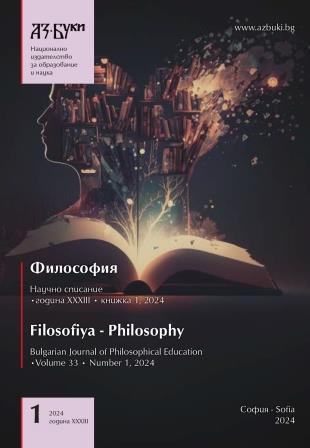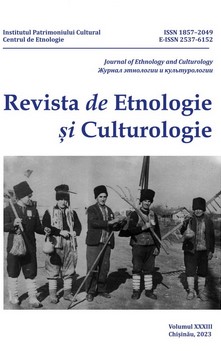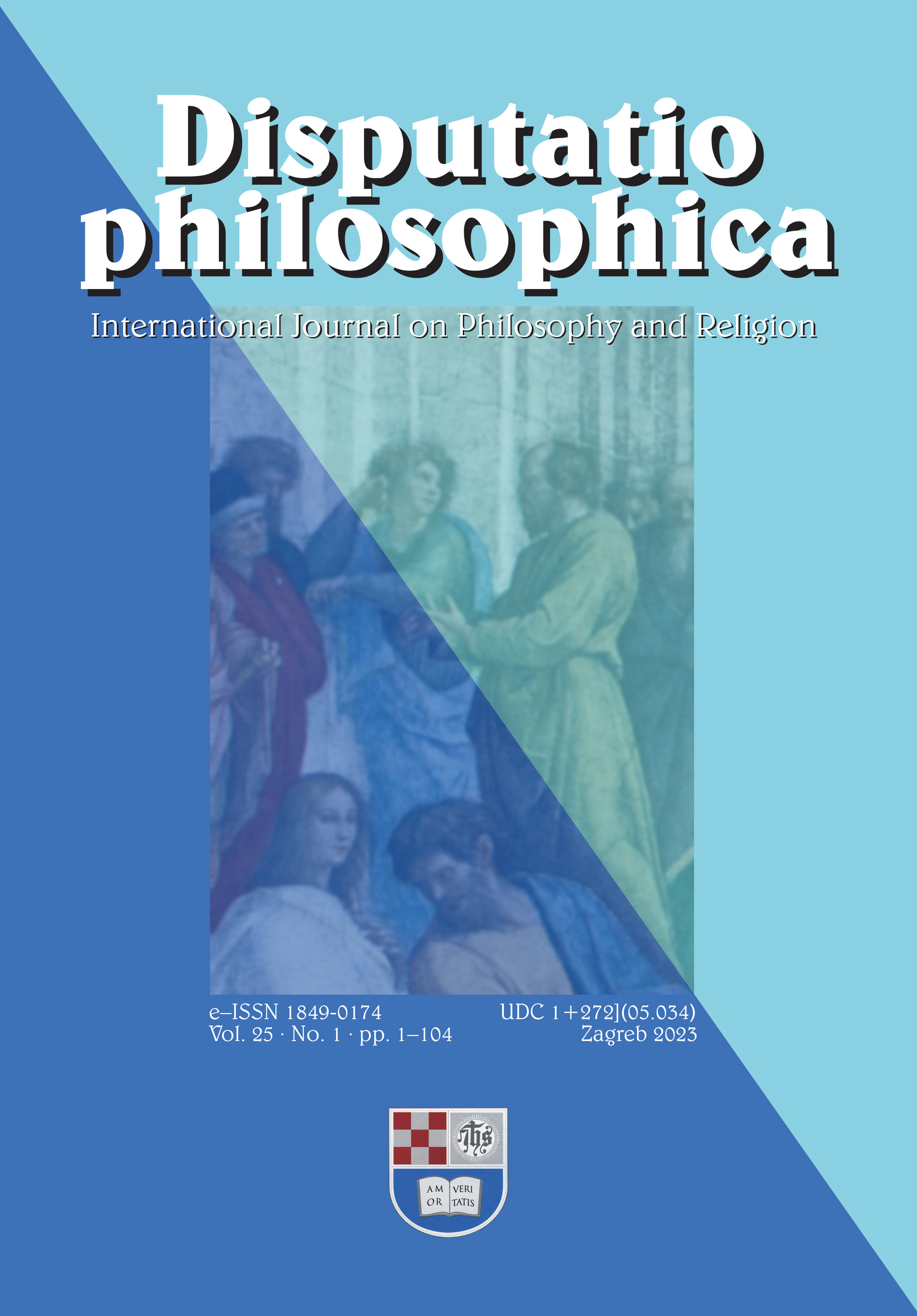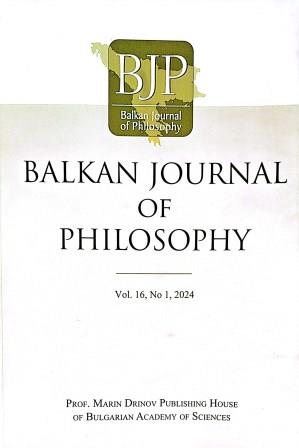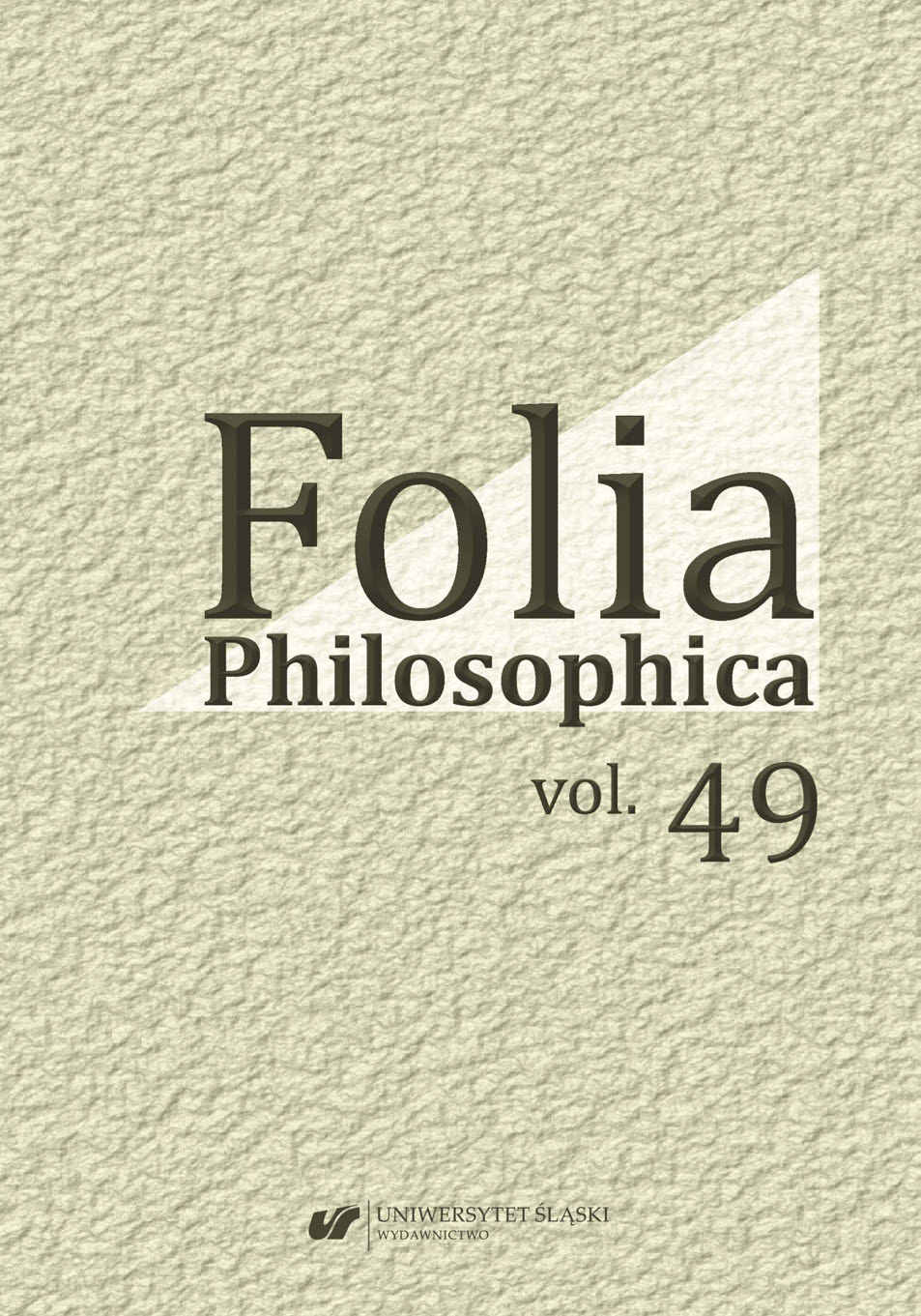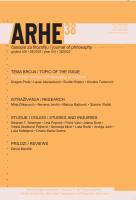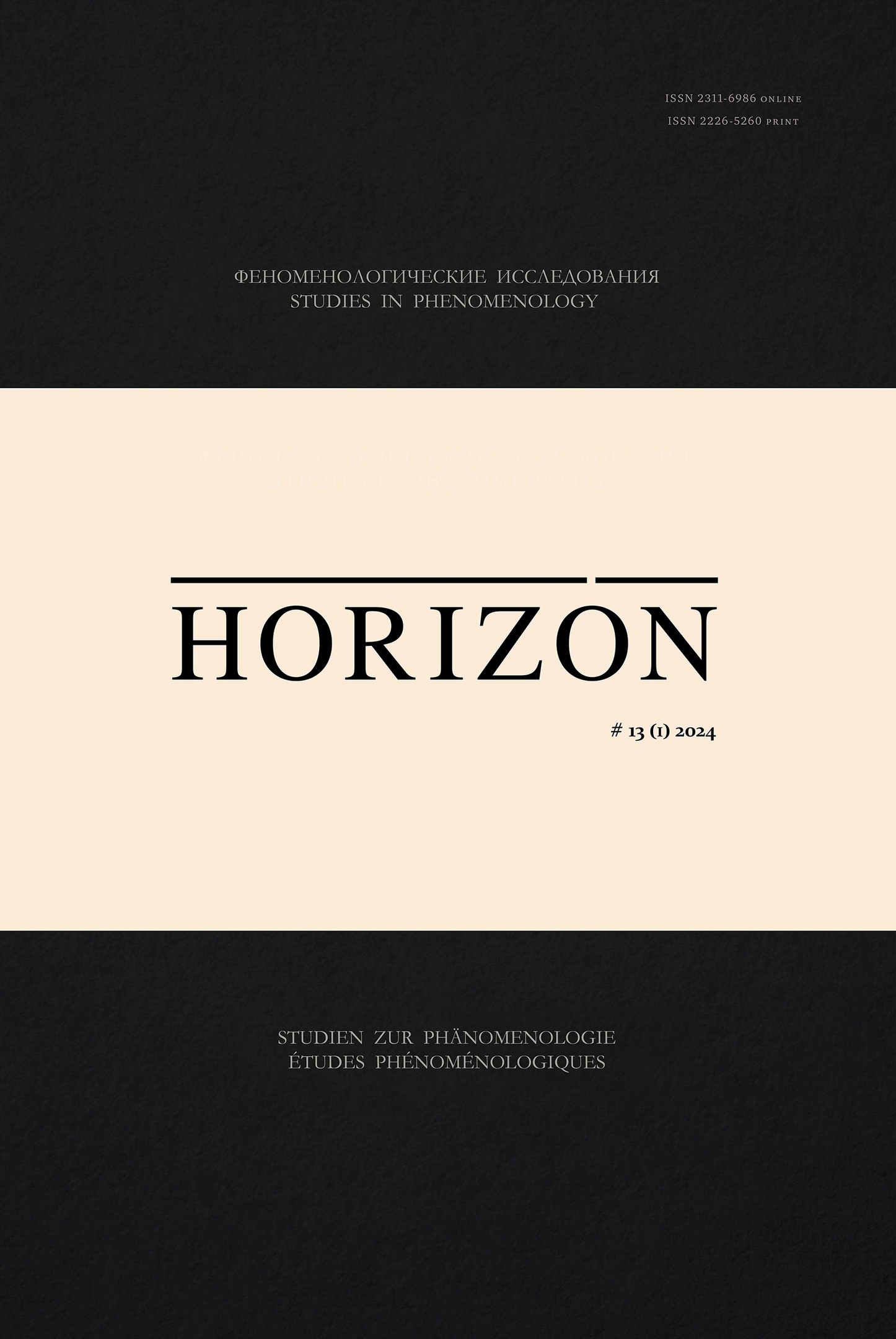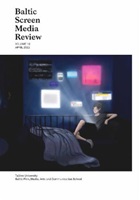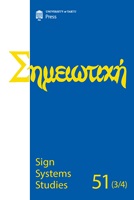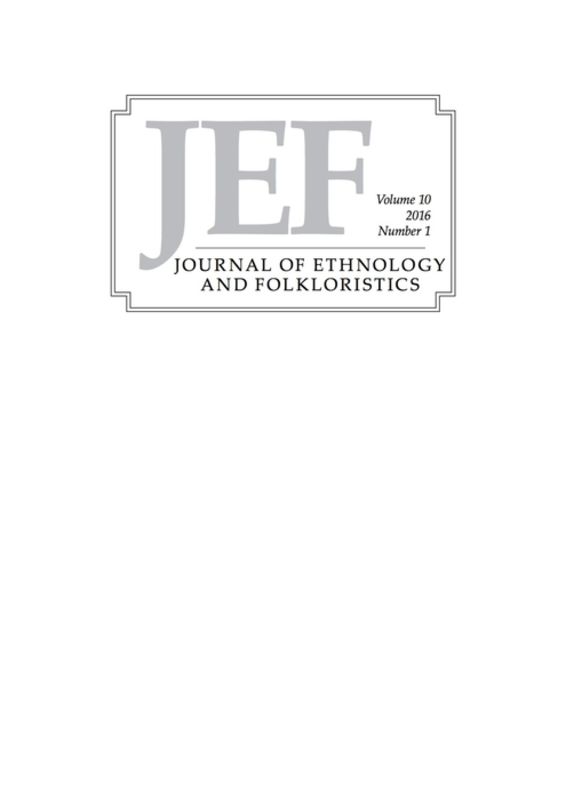Author(s): Andrija Šoć / Language(s): Serbian
Issue: 1/2015
In this paper I discuss a dispute between Jewish medieval philosophers about the status of divine attributes. The paper consists of three parts. In the first part, I outline Philo’s and Saadia’s reasons as to why God must be thought as perfect and simple. Using the aristotelian distinction „substance/accidence“, I explain why it is problematic to ascribe to God, as seen within Judaic tradition, properties such as omniscience, power, goodness, and others. In the second part, I examine Maimonides’ negative theology. Maimonides holds that one must not predicate anything to God. Because God and human beings are incommensurable, any such ascription would be equivocal. Under the influence of Saadia, Maimonides maintains that one cannot say anything about God except that He exists. To prove his thesis, Maimonides was prepared to interpret the content of Jewish Holy writs as being highly metaphorical and it’s most profound meaning as beyond the grasp of the majority of those practicing the principles of Judaism. Even though Maimonides’ influence was felt on many subsequent Jewish thinkers, many of them didn’t always agree with him. In the third part of the paper, I sketch Gersonides’, Crescas’ and Albo’s alternative solutions to the problem of ascribing attributes to God. Aside from discussing a question of the status of Divine attributes, in this paper I also try to put forward a thesis that goes beyond the framework of the mentioned dispute. Namely, Jewish philosophers, Maimonides being the paradigmatic example, didn’t simply adopt the official interpretations of religious dogma, nor did they compromise with it when it comes to proving their theses. In that regard, they came very close to early modern philosophers, who discussed philosophical and theological problems in light of principles of rational examination, rather than accepting the claims of ecclesiastical authority.
More...

